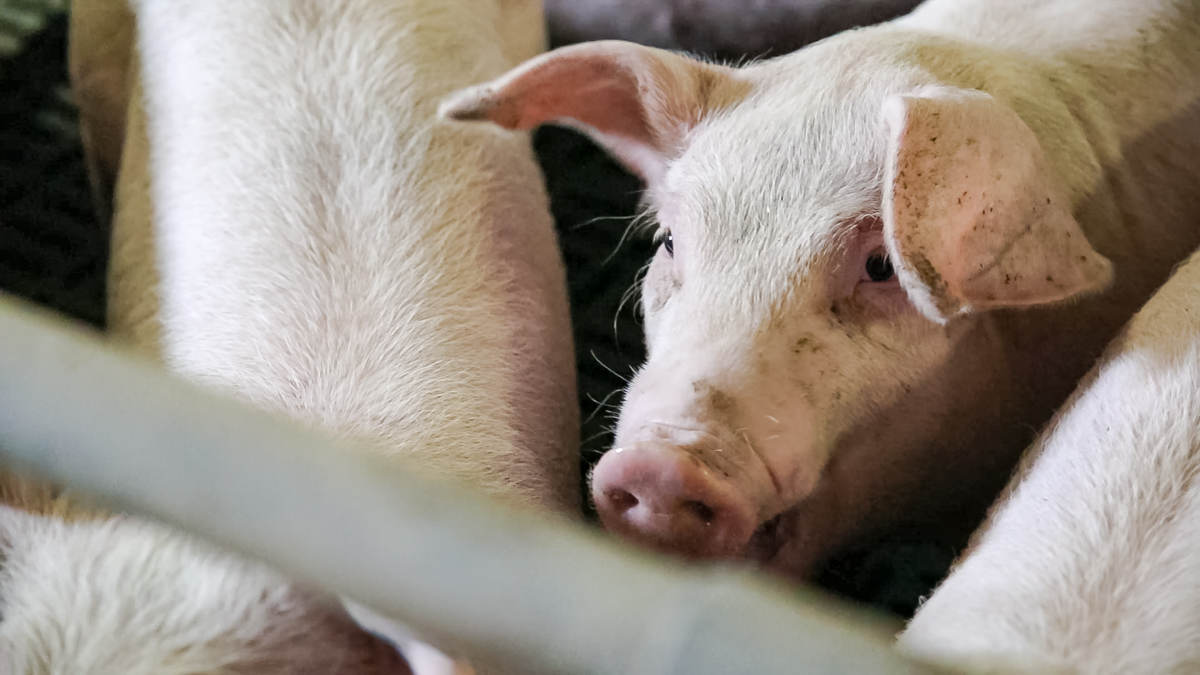African swine fever (ASF) has been discovered for the first time in Germany, according to the Department of Agriculture, Food and the Marine, which has moved to confirm that no live pigs have been imported from the country into Ireland so far this year.
ASF which is a deadly disease of pigs and wild boar was confirmed yesterday (Thursday, September 10) in the eastern area of Spree-Neisse within a few kilometres of the Polish border.
ASF virus, which is highly fatal for pigs and wild boar, does not affect humans and poses no food safety risk.
The department has confirmed that there has been no importation of live pigs from Germany into Ireland this year to date.
ASF first entered Poland in 2014 and has been spreading in the wild boar population in the western part of the country since November of last year.
EU legislation controls the movement of pigs and pig products from areas affected by ASF in Poland. Wild boar have played a major role in the spread of the disease in mainland Europe through their natural movements and interactions.
The World Organisation of Animal Health (OIE) reported that ASF currently affects more than 50 countries in Europe, Asia and Africa including 12 EU member states in 2020.
ASF virus has had an enormous impact on the pig sectors of affected countries as a result of international trade restrictions being imposed.
The importance of the pig sector in Ireland is recognised, with pigmeat exports estimated at €941 million for 2019 according to Bord Bia.
“Furthermore, the department once again reminds all travellers to avoid bringing back any pork or pork products from areas affected with ASF,” a department spokesperson concluded.
